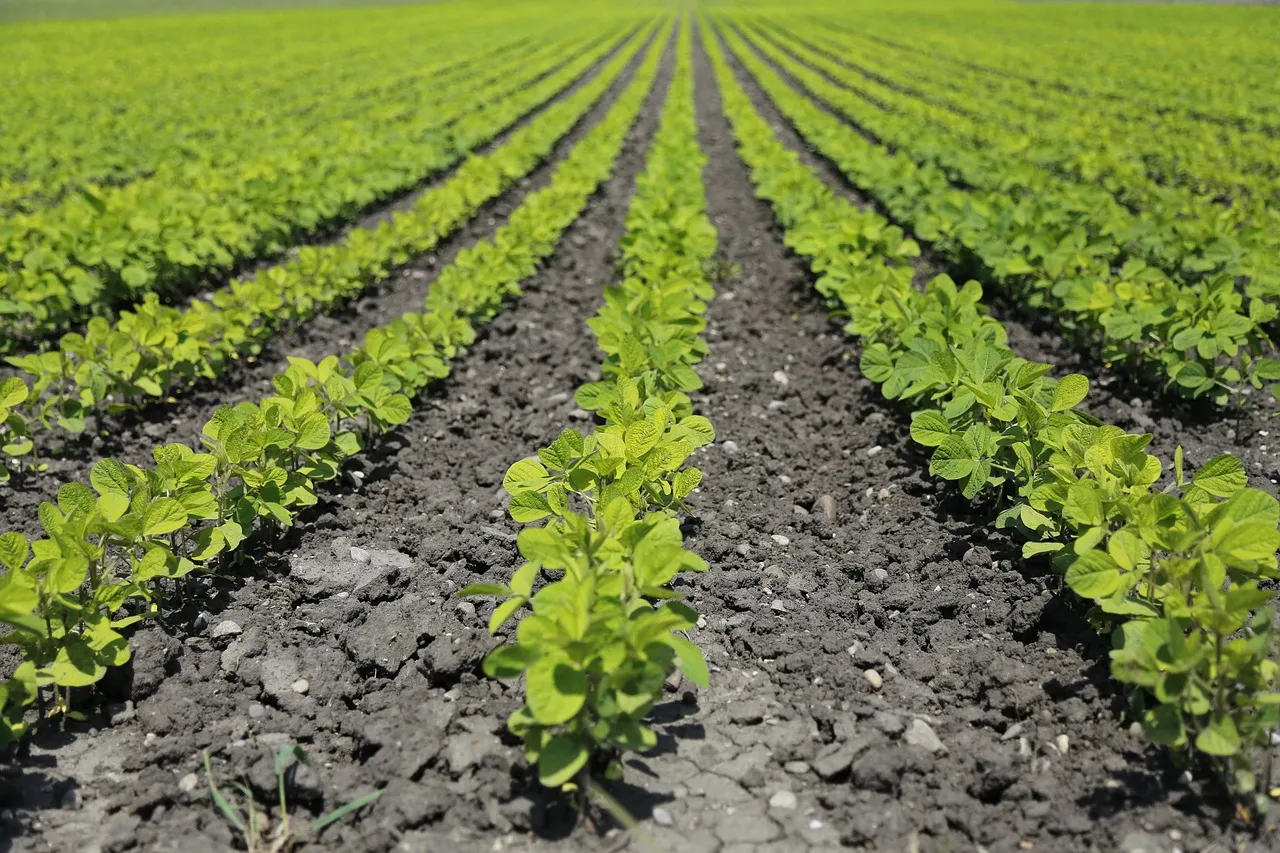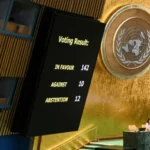The Parliament of Tanzania has approved a record TZS 1.243 trillion (about $497 million USD) for the Ministry of Agriculture in the 2025/2026 financial year.
The budget was formally presented on May 21 by Hussein Bashe, Tanzania’s Minister for Agriculture, who outlined strategic plans intended to modernize farming and ensure long-term food security. The proposal comes amid growing calls for agricultural transformation to address climate resilience, economic growth, and rural development.
“We are thinking beyond this generation,” Bashe told lawmakers. “Agriculture remains the backbone of our economy, just as it was envisioned by Mwalimu Julius Nyerere. This vision is about safeguarding the livelihoods of future Tanzanians.”
The ministry’s new budget outlines six core focus areas:
- Irrigation development
- Agricultural mechanization
- Research and innovation
- Value addition
- Financial inclusion
- Food security
A total of TZS 702.3 billion will be invested in development projects, while TZS 136 billion has been allocated to recurrent expenditures. Key projects include constructing a cotton-based medical supply factory in Simiyu, establishing a bioscience and genetic research center, and expanding irrigation coverage to enhance crop reliability across regions affected by climate variability.
Additionally, the ministry plans to develop 1,000 subsidized agricultural service centres and install tissue culture laboratories at all Tanzania Agricultural Research Institute (TARI) stations to boost the quality and resilience of planting materials.
The government’s target is to increase the production of strategic crops from 1.45 million tonnes to 2.28 million tonnes, pushing the nation beyond 130% self-sufficiency in food production. Agricultural exports are expected to rise to $4 billion USD, in line with goals outlined in the Tanzania Agriculture Master Plan 2050.
Also Read; US-China Trade Talks Signal Possible Reset
Lawmakers across party lines welcomed the new budget, with many urging the government to ensure timely release of funds and consistent oversight. Ester Bulaya, a Special Seats Member of Parliament, stressed that good planning must be accompanied by efficient execution if Tanzanians are to benefit from these reforms.
This budget is also aligned with Tanzania’s Vision 2025, which emphasizes industrialization and agricultural modernization as drivers of economic transformation. It reflects a deliberate effort to shift from subsistence to commercially viable farming, integrating technology and research to drive productivity.
“This is a new era for Tanzanian agriculture,” said Bashe. “We are creating an ecosystem that benefits both smallholder farmers and large-scale agribusinesses. This is about national pride, economic resilience, and preparing our people for a better future.”
As the 2025/2026 fiscal year approaches, focus will remain on how effectively the Ministry translates this ambitious vision into action—ensuring that Tanzanian agriculture evolves from a source of subsistence to a true engine of prosperity.







